Discover Finding You: with Dr. Brad Reedy
Finding You: with Dr. Brad Reedy

Finding You: with Dr. Brad Reedy
Author: Brad Reedy
Subscribed: 352Played: 23,924Subscribe
Share
© Brad Reedy
Description
Introducing Inner Circle, our new premium Finding You podcast experience. Support the show and receive access to exclusive content, bonus AMA episodes, and more. Join at findingyou.supercast.comFinding You Therapy Programs is an experientially based therapeutic program serving individuals, parents, couples, and families. Email the host drbradreedy@gmail.com
Hosted on Acast. See acast.com/privacy for more information.
517 Episodes
Reverse
Dr. Reedy explores the role of the step-parent. He explains that their outside perspective is both a strength and a weakness: a strength because it offers clarity and a weakness because it can lean towards judgment. He encourages step-parents to attune to the child and respond with what is needed rather than applying a generic template. He explores and reframes the archetype and metaphor of the “wicked step mother.” Hosted on Acast. See acast.com/privacy for more information.
In this episode, Dr. Reedy explains the definition and root causes of codependency. He explains that the core could be understood as the difference between being good and being Self. He explains the relationship between attachment and codependency and how they relate to addiction. Hosted on Acast. See acast.com/privacy for more information.
In this episode, Dr. Reedy explains how our attachment must evolve along with our child’s development. He explains that the first tasks in attachment are belonging, safety, and stability. But once a child enters adolescence, the stage of life where one must develop their own identity and sense of self, the parents’ attachment task is more about letting go and separation. He explains that parents must change many of their fundamental ideals and assumptions about parenting for the child to grow in the ways that they need to grow. Hosted on Acast. See acast.com/privacy for more information.
In this episode, Dr. Reedy shares his thoughts on self-care versus self-improvement, the trap of self-righteousness, and how our self-awareness is only as good as our self-compassion. He explains why humans seek to please other humans and what is meant by a “transformation of consciousness.” Hosted on Acast. See acast.com/privacy for more information.
In this episode, Dr. Reedy talks about the roles we take on in families. He explains how the s scapegoat or identified patient serve to take on the shame and undone work of the family. Often their symptoms are messengers of the work previous generations have avoided up to this point. They often bring the entire family into therapy and are regarded as sort of a “hero.” This is because once the family system enters therapy, then the real issues, or the root of the issues, can be addressed. Ultimately, the responsibility for each person is to take back their own shadow, their own projections, and assume responsibility for the happiness and serenity of their own life. Hosted on Acast. See acast.com/privacy for more information.
Dr. Reedy explains how boundaries are synonymous with self-care. He explains that boundaries set from a codependent context are meant to change others while boundaries set from a secure sense of self are set to take care of one’s self. He explains how consequences, under the umbrella of boundaries, are an attempt to change behaviors in others. And finally, if we set boundaries to change others we are implicitly suggesting that serenity is found outside of us. Hosted on Acast. See acast.com/privacy for more information.
Dr. Reedy discusses whether going home for the holidays is the best thing for us. He discusses the guilt, shame and obligation that’s “baked-in” to us when it comes to visiting family or maintaining relationships we have outgrown. He doesn’t offer advice but rather takes the audience through the questions and the thinking that goes into our relationships. He explains that a task in attachment is to let go of others when they need to be somewhere else and how many people feel compelled to spend time with family and others because of unconscious obligations. The nature of the parent-child dynamic is discussed and how it can be turned upside-down when children feel the need to take care of parents’ emotional well-being and egos. Hosted on Acast. See acast.com/privacy for more information.
Dr. Reedy discusses how therapists (specifically analytical and attachment-based therapists) may think about religion. He explores the function of religion as a way to relate to life and to the world. He talks about how disconnection from God is synonymous with disconnection from ourselves. He talks about our relationship with fear and how if we avoid the feelings of uncertainty and the pain that comes from living, and trade those in for certainty and control, we are guilty of spiritual bypass. Hosted on Acast. See acast.com/privacy for more information.
Dr. Reedy explains that the goal in therapy is reducing shame, creating safety, and lessening resistance. Therapy is a different way of being with someone, so they feel safe enough to lower their defenses. He suggests that we can learn from therapy and apply principles of dealing with resistance to all our relationships and to ourselves. He discusses how common resistance is in our work. He talks about how to engage others so as not to provoke resistance and how our own resistance, rooted in shame, is the bulk of what therapy treats. Hosted on Acast. See acast.com/privacy for more information.
Dr. Reedy discusses the difference between therapy and a podcast. He explains that ultimately, we must face what is presenting itself to us in our lives. We must go in and through the pain and difficulty to discover news resources that lie within all of us. He talks about how we avoid parts of ourselves and repress feelings, characteristics, or traits in order to fit in and how the problems that bring us to therapy are a call to the hero’s adventure. Hosted on Acast. See acast.com/privacy for more information.
De. Reedy discusses the young adult stage of development. He talk, talks about brain development and the tasks that young adult adults are negotiating. He also talks about the parallel journey that the parents of young adults are also traversing. Hosted on Acast. See acast.com/privacy for more information.
Dr. Reedy takes questions from audience members and live participants of the Finding You Inner Circle. He talks about how un-owned codependency becomes a burden to those close to us, how to navigate a relationship where we are repeatedly betrayed, and how to respond when a child is baiting the parent to react. Hosted on Acast. See acast.com/privacy for more information.
Dr. Reedy discuss a shift in consciousness that gives a new context for tools. He explains that we must shift our thinking about self and relationships in the parenting context for boundaries to make sense. He explains how myth and story help to illustrate this shift in consciousness. Hosted on Acast. See acast.com/privacy for more information.
Dr. Reedy addresses the two main tasks of intimacy – sharing and listening. He talks about the capacity required to deeply hear and listen to another. He explains that talking tends to be a taking thing and listening requires healing and significant capacity. Hosted on Acast. See acast.com/privacy for more information.
Dr. Reedy discuss the impact of family of origin roles and rules on our psyche. He talks about how we can repair wounds and trauma we experienced. He emphasized the need for overt and explicit communication rather than covert and implicit messaging. He explains how therapy, sitting with a different perspective, can shift the ideas we have sometimes unconsciously internalized. Hosted on Acast. See acast.com/privacy for more information.
Dr. Reedy explores various therapy approaches and how they view symptoms. He explains that symptoms are messengers from the unconscious, the inner-child, and authentic self. We learn to be in dialogue with our symptoms. We can learn to listen rather suppress. As Marcus Aurelius says, “What stands in the way is the way.” Or as Rumi wrote, “The cure for the pain is in the pain.” Hosted on Acast. See acast.com/privacy for more information.
Dr. Reedy discusses how we can understand our experience through using what therapists refer to as “parts work.” From the Ancient Greeks to the present, people have used stories, characters, and archetypes to better understand and work with the different energies that motivate human behavior. These methods, including the most recent iteration, Internal Family Systems, offer a non-shaming perspective where we learn to be in dialogue with ourselves and our parts rather than trying to suppress aspects of the self. Hosted on Acast. See acast.com/privacy for more information.
Dr. Reedy discusses the relationship between guilt, resentment, and boundaries. Hosted on Acast. See acast.com/privacy for more information.
Dr. Reedy reviews the book by Richard Bach, the author of Jonathon Livingston Seagull. Illusions is the allegory of a “Master Messiah” as he passes his wisdom on to Richard, the apprentice. The overarching message of the book is that we are accountable and responsibility for our own meaning, our own happiness. His telling illustrates that such a message is often rejected because we don’t want to take on the responsibility for our lives – we want to blame our unhappiness on our circumstances, on others. Hosted on Acast. See acast.com/privacy for more information.
My Child’s Resentment About Treatment - Ep 680 by Dr. Brad Reedy Hosted on Acast. See acast.com/privacy for more information.


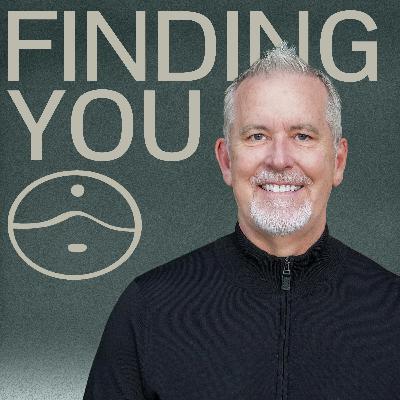



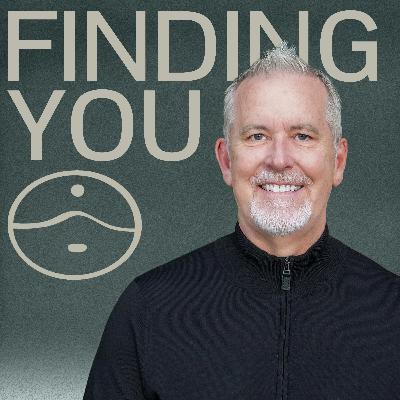
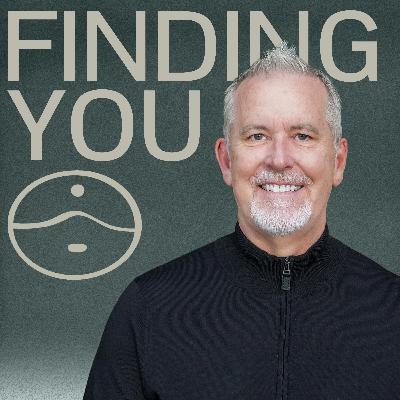
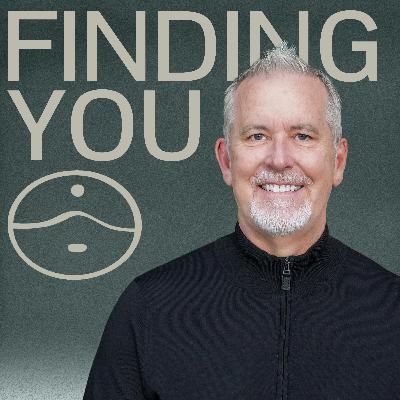
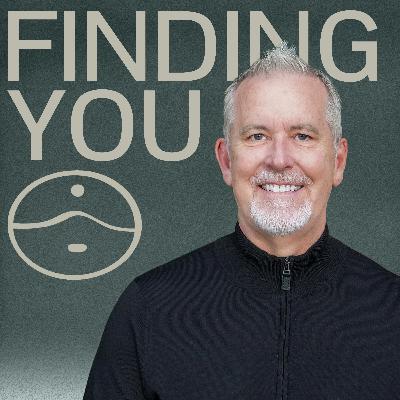

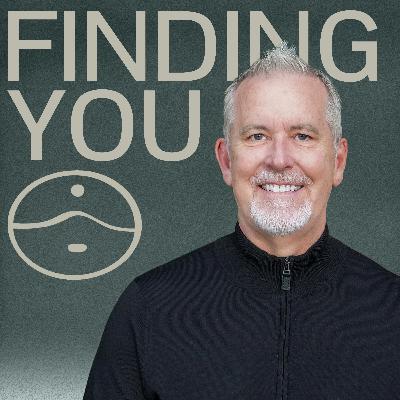



my therapist was just discussing with me the relationship between auto immune issues and emotional pain, self betrayal, etc. PLEASE?! Do an episode explaining this? Thank you!
Yet another life changing, transformative episodes. If people would only realize that this work is our primary job, the job of knowing the self, life would be more fulfilling with far less suffering. Thank you for sharing and caring. I've been sharing and highly recommending your series to my podcast audience. With immense gratitude, Mark www.citizen44.com
This episode specifically was life changing. Thank you so much for delivering such vital and transformative information. I've shared this parrucular episode as well as the series with my podcast audience in hopes that some will take this opportunity for self discovery and incredible growth potential. Truly awesome. My son Sam is one of your current clients.😊 With immense gratitude, Mark www.citizen44.com
this is an excellent podcast. Thank you so much.
Appreciating the breadth of the lectures. Casts the net wide.